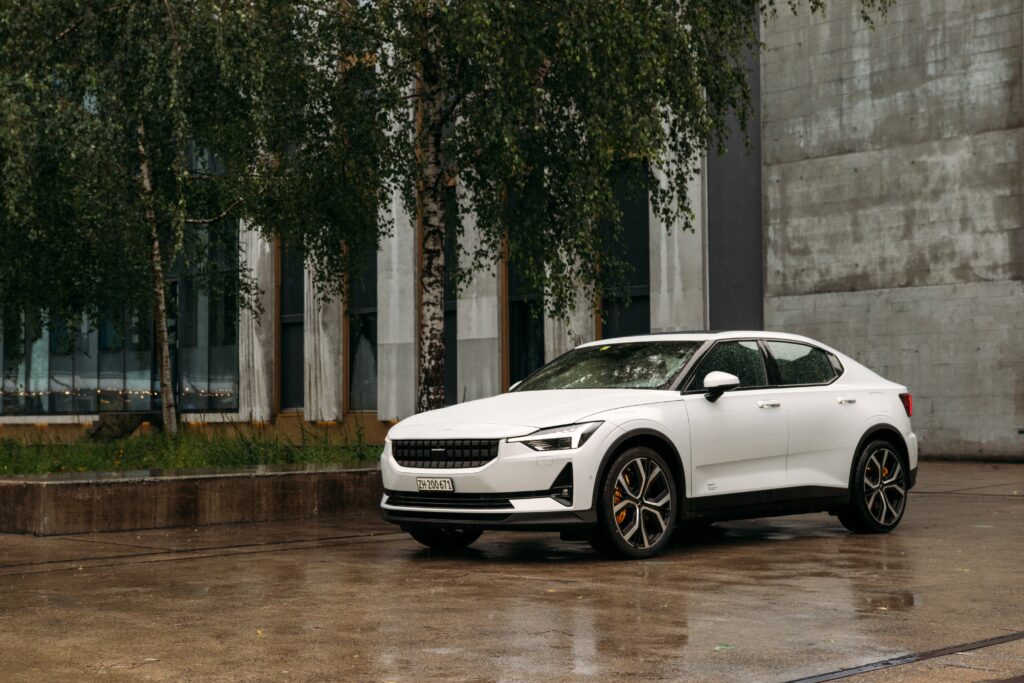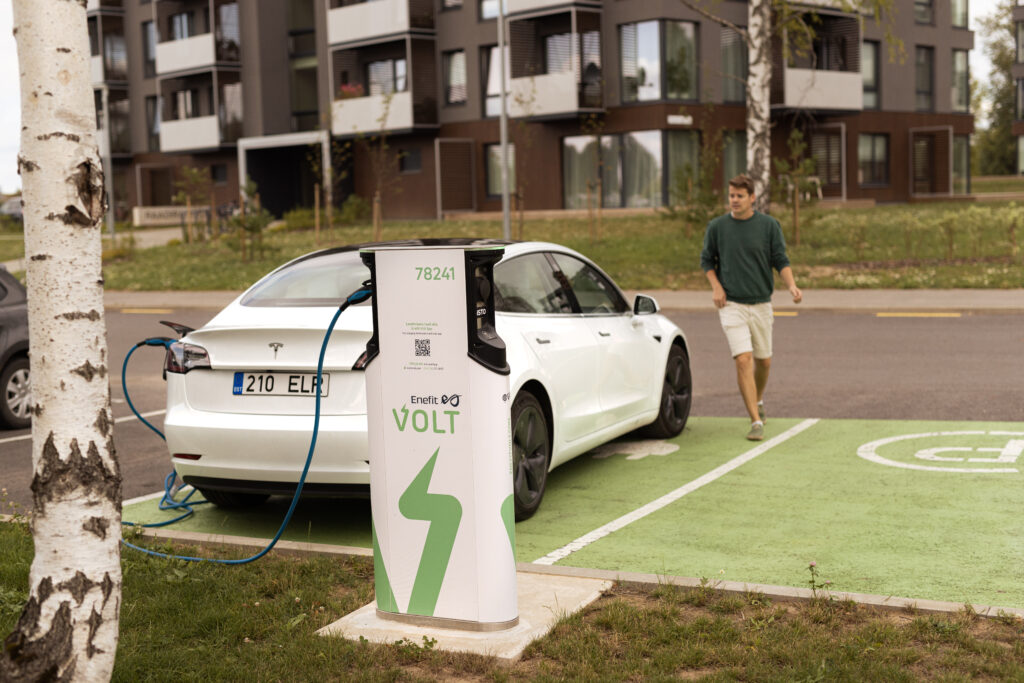A survey conducted by Swedbank in Estonia, Latvia and Lithuania reveals that Estonian residents’ interest in environmentally sustainable choices is low – while many are planning to buy a new car or a house, or renovate their existing home, the environmental footprint has little influence on their choices.
The survey conducted by pollster Norstat looked at people’s attitudes and future plans regarding car and home ownership, renovation of their dwelling and the use of energy-saving solutions.
The results revealed that most Estonians owned a vehicle with a gasoline or diesel engine. When buying a new vehicle, 58 per cent of the respondents would consider an electric car, but 21 per cent think they will only do so after more than 10 years.
Tarmo Ulla, the head of private customer segment at Swedbank Estonia, noted that Estonian residents still preferred vehicles with an internal combustion engine, and electric cars make up only three to four per cent of the total number of passenger cars sold.

The survey also revealed that one in five Estonian residents are planning to buy a new home. The purchase is motivated by the desire to have a larger dwelling for 43 per cent of such residents, for 41 per cent by the desire to live in a private house and for 35 per cent by the desire to live in a home with a higher energy class.
Just over a quarter consider their dwelling’s energy efficiency important
When renovating their homes, 28 per cent of Estonian residents consider energy efficiency to be an important motivating factor, which is slightly lower than in Latvia and Lithuania, where the ratios are 35 and 39 per cent, respectively.
However, in all three countries the environmental footprint is considered the most insignificant aspect of renovation. Only 17 per cent of residents of Estonia find the environmental footprint to be very important in renovation, compared with 20 per cent in Latvia and 31 per cent in Lithuania.

When it comes to home appliances, the level of energy efficiency awareness among Latvian and Lithuanian residents is slightly higher, at 65 and 66 per cent respectively, compared with 58 per cent in Estonia. Latvia and Lithuania also have higher shares of Class A appliances, 42 and 41 per cent respectively. By comparison, 31 per cent of the population in Estonia use Class A equipment.
Overall, the results of the survey show that interest in energy-efficient solutions generally exists in Estonia and the Baltics, but people’s choices are often constrained by price.

